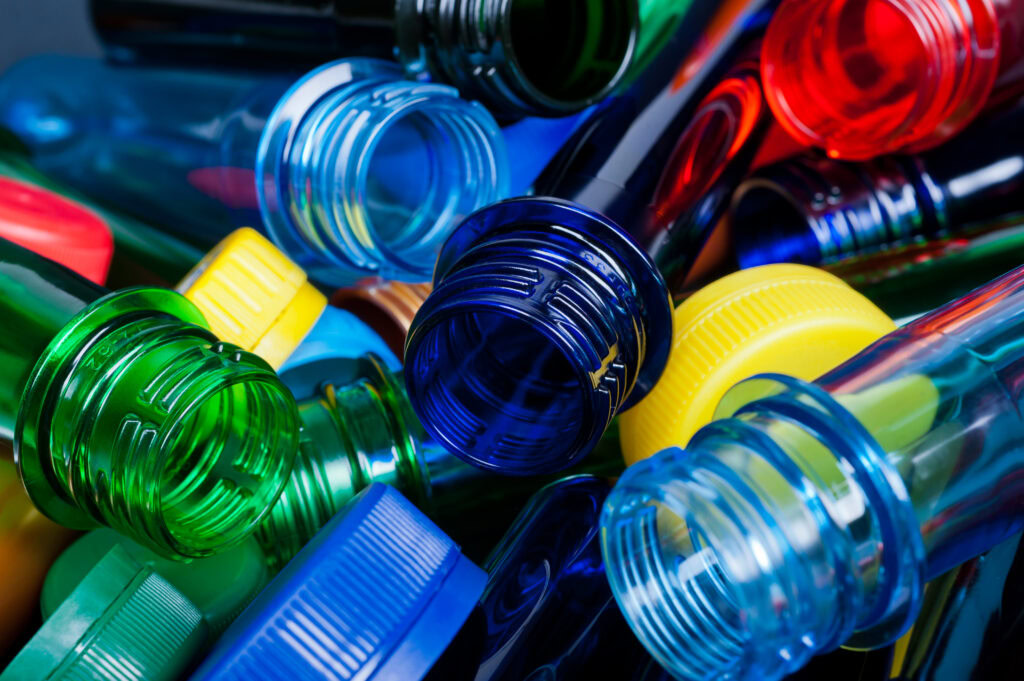Zero Waste Europe (ZWE) is the European network of communities, organisations, local leaders, experts, and change agents working towards the elimination of waste in our society and receives some EU funding.
In a statement, the organisation said its report criticises pyrolysis which has been called a ‘miraculous method of plastic waste management shown to be misleading in its efficacy’.

The report comes as the European Union continues work on what materials can be counted as non-waste as part of its ongoing review of the Waste Framework Directive.
“Touted as a solution, pyrolysis – technology that heats up plastic waste in the absence of oxygen – produces a type of oil that industries argue can be transformed back into ‘virgin-like’ plastic,” ZWE said.
However, the report claims that In order to create new plastics, plastic-derived pyrolysis oil has to be fed into a steam cracker to produce polymer precursors. “However, it is too contaminated or doesn’t meet the specifications to be fed directly into this established industrial system, designed for virgin petroleum naphtha. Purifying it of its contaminants would require multiple stages of energy intensive treatment, so the only other solution is to dilute plastic-derived pyrolysis oil with virgin petroleum naphtha,” readers are told.
Accordingly, the ZWE study finds that incompatibility with different plastic types, low yield, and contamination of pyrolysis oil means it must be diluted by a petroleum-based mixture, in some cases by a ratio of over 40:1.
EU Green Deal
The report, “Leaky loop “recycling”: A technical correction on the quality of pyrolysis oil made from plastic waste” argues that for pyrolysis oil to be used in the production of recycled plastic, it should either apply multiple energy-intensive purification steps or highly dilute the oil with virgin petroleum naphtha. Both options are not in line with the ambitions of the EU Green Deal, says ZWE.
Discussions underway to define a harmonised European approach to end-of-waste criteria for plastic will continue until 2025, when the review is expected to be adopted. Such a definition is crucial for pyrolysis as industry interests are to classify pyrolysis oil as a product, reasons ZWE.
Product
Lauriane Veillard, ZWE’s chemical recycling and plastic-to-fuels policy officer, said: “If pyrolysis oil is reclassified as a product instead of being classified as waste, as industry demands, it must meet EU requirements. We cannot afford to accept haphazard legislation that undermines a true circular economy. Our north star should be the protection of the environment, human health and the public trust. These values should form the basis of different discussions on plastic recycling-related issues, like calculating recycled content and defining end-of-waste criteria.”
Low oil yield presents a significant problem with pyrolysis technology. Even in a best case scenario, only 2% of the plastic waste fed into pyrolysis will actually make it into the “recycled” product, the report found.
‘New molecules’
Author of the report Dr. Andrew Rollinson of the UK and a member of the Royal Society of Chemistry, said: “Physical laws dictate that the nature of pyrolysis is to synthesise new molecules, not just decompose plastic polymers. Since these laws are unlikely to yield in response to policy goals or alter as a consequence of marketing pressure, decision-makers would be sensible to accept the fact that pyrolysis will not somehow miraculously step up to the task required. Encouragement alone will not be enough to make pyrolysis solve the problem of plastic waste created by linear thinking in plastic production.”
ZWE pyrolysis report
Leaky Loop Recycling










Subscribe for free